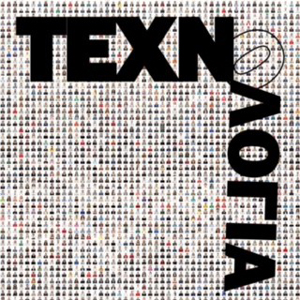The Doomed Project of ‘Smart Thinking’ Tom Whyman, δημοσίευση στο ArtReview [3/3/2023]

Philosophy is not here to help you do better at your job
In recent years, a new literary genre has emerged: bookshops (notably Waterstones) have gradually replaced sections like ‘Philosophy’ with something called ‘Smart Thinking’. At its core, Smart Thinking can probably be understood as the self-help book equivalent of Coke Zero: just as the no-sugar soda was invented by marketing people as a blokier version of Diet Coke, Smart Thinking books are self-help texts for people who want to see themselves as being driven primarily by reason as opposed to emotion (and of course there is a gendered dimension to this as well).
But Smart Thinking is also just a vibe: core Smart Thinking texts not only include those which purport to show us how to be better individuals and ratiocinators (Jordan Peterson’s 12 Rules For Life, 2018; Daniel Kahneman’s Thinking, Fast and Slow, 2011), but also big-picture texts about Who We Are and Where We’re Going (Steven Pinker’s The Better Angels of Our Nature, 2011; Yuval Noah Harari’s Sapiens, 2011).
You probably know the sort of person that Smart Thinking books are designed to appeal to, and you probably find them incredibly annoying: rigid know-it-alls who fetishise Logic and Reason; the sort of person who might unironically think that Richard Dawkins has something relevant to say about religion; who might have stanned Elon Musk, at least before the whole Twitter thing; who thinks that it is simply, obviously true that AI is going to end up somehow usurping us all.
Most Smart Thinking authors aren’t philosophers. While the subject matter of Smart Thinking books does tend to be at least somewhat philosophy-adjacent, its authors are typically psychologists, economists, political scientists, who advance their fundamental theses about the nature of thought, or society, or the mind in a snappy, TED talk-ish, fulsomely data-driven way. But at least one is: step forward Julian Baggini, founding editor of The Philosophers’ Magazine.
Η συνέχεια εδώ.





